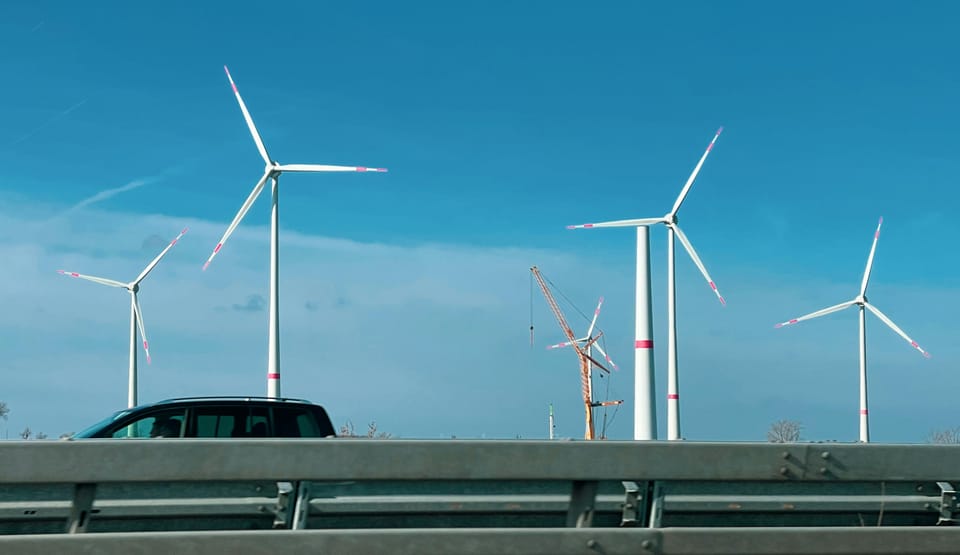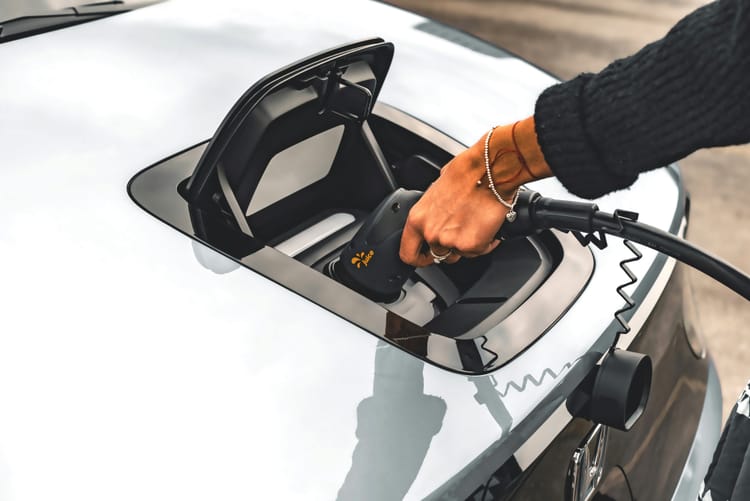Fossil fuels focus hinders EU cleantech investment and climate transition
In 2023, the EU faced a climate investment gap of €344 billion.

The EU is making progress towards its climate neutrality goals, but the pace of the transition remains too slow, with ‘misaligned incentives’ still promoting fossil fuels use more than cleantech.
This is according to the 2025 report of the European Climate Neutrality Observatory (ECNO), a watchdog for the EU’s climate policies and transition – which found that finance for the transition remains “a major stumbling block”.







